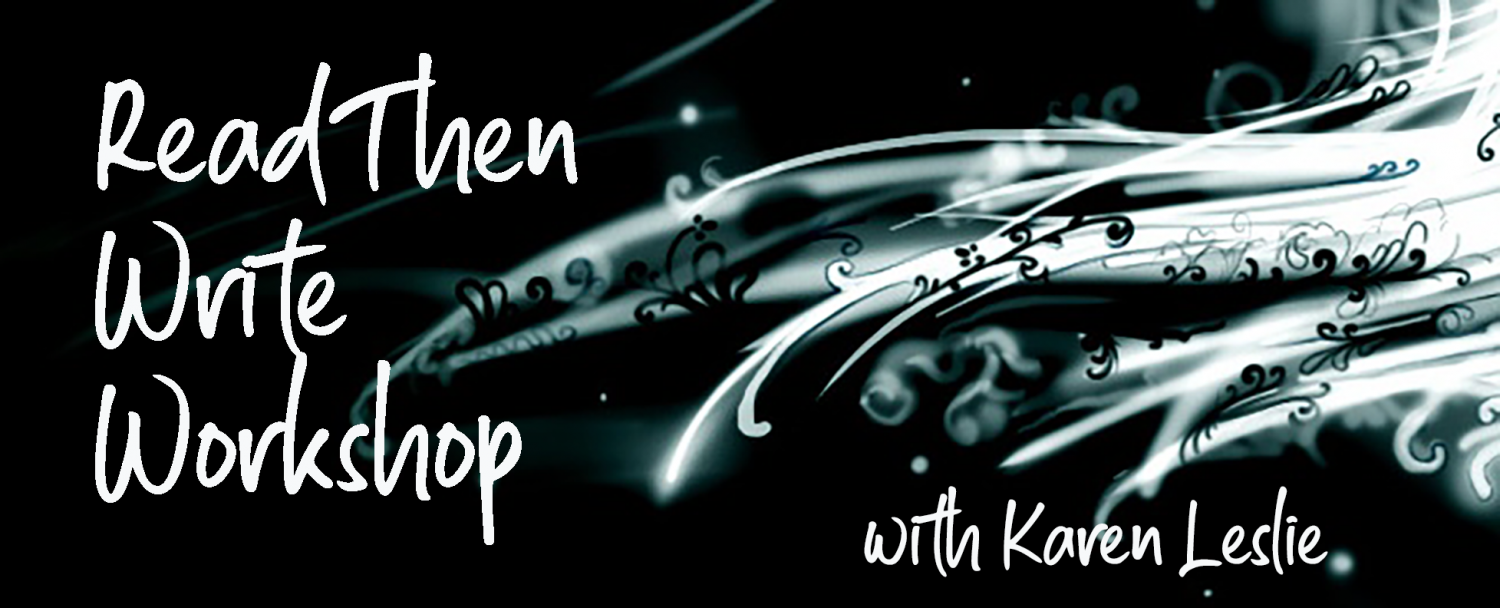When you exercise your writing muscle daily, it’s ready to flex whenever you need it—or it needs you. But, you say, “I can’t get started. I’m stuck. I don’t have time. I over think it. I have writer’s block.” Let me tell you what happens when you stretch and challenge your writing muscle, whether you feel like it or not, whether it’s a flowing or constipated: in a very short time, that muscle is primed for action when the profound rises up.
So, starting, my writer friend, isn’t easy, but writing every day, in some way or form, prepares you for the ideas and wisdom and ephiphanies forming inside.
For me, little epiphanies often come as an opening sentence or a headline or title. That’s when I dash everything and let the river run across the paper. These types of pieces come fast and loosely formed. And, frankly, they are exhilarating and often, illuminating. I sit back and wonder, “Where was that hiding?” However, I know it wouldn’t happen if I hadn’t exercised my writing and listening muscles just for these moments. I’m not talking about fine craft details here, I’m talking about daily exercise. The good news is during these “flow” moments, a lot of things don’t matter, like grammar and punctuation and sharp focus. The shaping will come in the editing phase.
I wrote “Soul Surfacing” one morning as I was emerging from a silent, anti-introspective time in my life. I was in metamorphosis, which meant I was granting myself permission to breathe, to stop holding my breath and rise to the surface. I heard the word “soul surfacing” in my mind and knew I had to stop what I was doing and get it on paper. At that point, I was writing every day some how, some way. Snippets in a journal. Crafting a full-arc paragraphs into mini-stories on social media. I was polishing short stories from my collection, writing travel pieces for a touring magazine, and blogging whenever an idea seemed solid or moving enough to polish.
Bottom line: I was writing. Every day. If I could see my writing muscles, I’m certain I’d have my first six-pack.
Grow Your Writing Muscle
The pieces I’ve written that have had lasting power have required a lot of my time and energy in revision (mostly my fiction and travel pieces), and little snippets from fast-writes that get right to the heart of things. “Soul Surfacing” started as a phrase in my head, then a paragraph to get it out, and over a few days, a little epiphany for my blog. It also ended up being a piece that people have asked to share in therapy and other groups. I didn’t plan that but it does affirm it somehow. Something resonated…some truth in me that rose up and wanted to be heard.
How To Be Ready to Write When Wisdom Rises? Start Writing Now
Recognize when creativity stirs. As creative beings, we watch and analyze and ponder and try to make sense of our world just like breathing. Start paying attention to when your personal wisdom and epiphanies are rising. For me, it’s usually as I’m just waking, when I’m exercising, driving, or in the shower. Rarely does it rise when I sit down to write, but that’s about exercise and discipline. I will analyze that some day, I’m sure. What matters is that I’m ready to write when “it” (my other self) wants to flow.
Have your writing tools close at hand. When wisdom rises, we must be ready. Some people ascribe to long-hand writing, and there’s science to back the benefits it has over typing. However, I trust my typing fingers to keep up with the flow more than I trust my penmanship. You decide.
Now that I know when these things tend to rise, I make sure I’m ready with the net…
In the shower? Sing it as a melody over and over so you don’t forget the phrase or start of it. Write it on the steamy door. Associate it with a visual in your mind. Put objects in the imaginary “room” so that you can return to it in your mind later. Get out of the shower and write.
In bed? Just falling asleep or waking up? Keep a dream journal by the bed and your computer nearby. That’s how my first novel idea came to me.
Driving? Figure out how to use voice memos and record it on your phone. Or talk-to-text on your Notes, though I find these aren’t always as accurate.
Exercising? Voicememos or songs.
You see where I’m going with this? Outsmart your muse’s bad timing. Or embrace the rising up and be grateful it has arrived at last.
Give yourself permission to write until the flows stops. Another benefit of exercising your writing muscle is how comfortable you get with writing until your thought feels complete. The two minute timer is great, simply hit repeat or flip over the glass. The longer you get comfortable with this “Stop, Drop, and Write” approach, the more time you’ll give yourself at the outset. When the flow trickles to a stop, you’ll know it. The satisfaction at dropping the pen or shutting the computer is like chocolate.
Give yourself permission NOT to think about grammar, punctuation, sentence or paragraph structure, etc. (See Fast-Write rules.)
Walk away from your writing for an hour or a day. When you return, revise hard and without mercy. This is where typing helps, although you might find the act of transcribing it from journal to document a revision unto itself. If you start from a typed document, make a copy to revise while keeping the original “nugget.” Polish it until it gleams like gold—until it’s streamlined and devoid of any clutter. Or, build it out adding rooms to the original foundation. I could go on with the metaphors! Do this until the piece sounds like it felt when it first began to rise.
Start Flexing Your Writing Muscle with RTW Workshop Writing Exercises
I love Fast-write Writing Exercises. I use the technique myself and with my students or mentees. If you’ve never done a “Fast-Write” writing exercise or need a refresher, here’s a how-to explaining it. If you’ve heard “stream of consciousness” writing, it’s very similar. Think James Joyce and Virginia Wolf.
Here are a few of our own: Writing Exercises
Read Soul Surfacing




